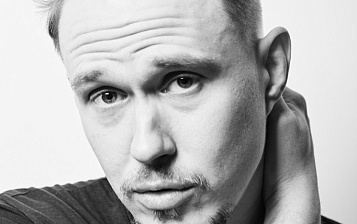According to world statistics, every 6 married couple is faced with the problem of infertility. There can be a huge number of reasons, and all of them are related to the health of a woman and a man. In this regard, the method of overcoming the problem of the impossibility of conception through in vitro fertilization (IVF) is becoming increasingly popular. To whom, how and when IVF is indicated, Anna Alekseevna Pozdnyakova , a gynecologist-reproductologist of the network of reproduction and genetics centers Nova Clinic, told.

GP: Please tell us about your education and career choice. Why this direction in medicine?
ANNA: The decision to become a doctor was made by me as a child.
Growing up, I entered the country's leading medical university, known to everyone as the First Med. The training took place on the basis of various clinics, I had the opportunity to get acquainted with all specialties, but most of all I was attracted to obstetrics and gynecology - areas of medicine where a doctor integrates knowledge from the basics of biology to diseases, the diagnosis and treatment of which is carried out by related specialists. Before becoming a specialist in the field of reproduction, I completed residency training in the specialty "Obstetrics and Gynecology", mastered the skills of childbirth (including caesarean section), conservative and surgical treatment of gynecological diseases.
Then she studied full-time postgraduate studies at the Department of Gynecological Endocrinology, during which she completed a dissertation on the problem of premature ovarian failure. The main goal of my activity was to help women in maintaining health and finding the happiness of motherhood. That is why I became an obstetrician-gynecologist, and then a gynecologist-reproductologist.
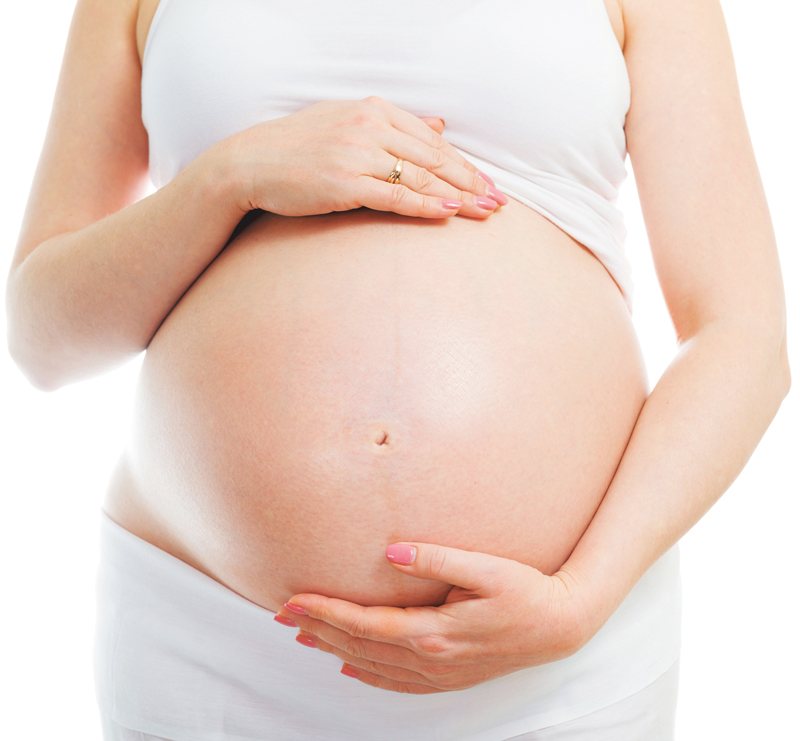
GP: How does in vitro fertilization affect a woman's hormones?
ANNA: In vitro fertilization programs are not always carried out with the use of hormonal drugs that stimulate the growth and maturation of female germ cells.
You can get oocytes in the natural cycle, that is, without drug exposure. When it comes to stimulation, in response to the introduction of drugs, there is a change in the concentration of hormones that regulate the process of follicle growth and maturation of oocytes (for example, estradiol, luteinizing hormone, progesterone).
After the completion of the program, the woman's body is restored within 1-3 menstrual cycles.
HP: What are test tube babies like?
ANNA: These are long-awaited children who are surrounded by special attention and care, so they can be distinguished by erudition and physical activity in a positive way.
If we talk about the state of health, they are no different from babies conceived naturally.
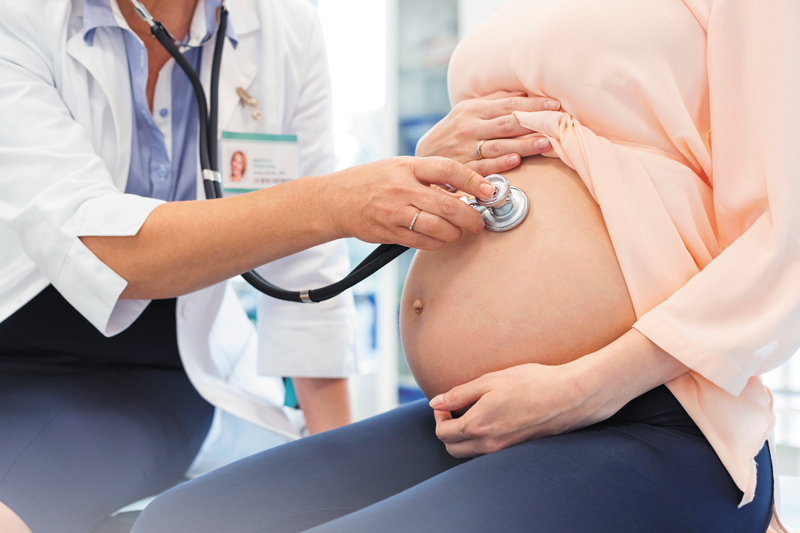
HP: Ten years ago, in vitro fertilization was a little-known concept. In addition, this procedure was considered a luxury that not every couple could afford. Tell us about the evolution of this method.
ANNA: IVF has a history of more than 40 years.
At present, the first children born using this method have already independently become parents of healthy babies. At the initial stage, IVF was really available to a few.
And not only because of the high cost, but also because of the limited number of medical institutions that carry out such programs. Now the procedure has become much more accessible.
Reproduction centers have opened in almost all major cities of our country.
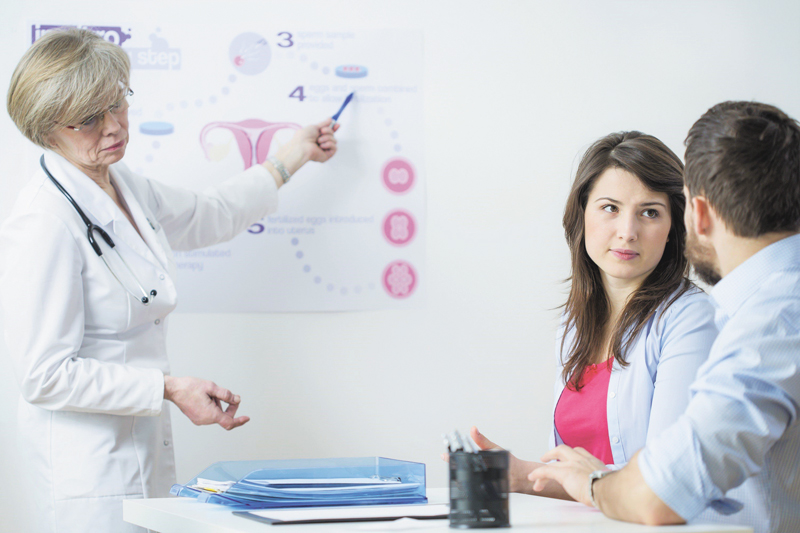
GP: Doctors often talk about how infertility is becoming more and more common. Who has it more often?
ANNA: Yes, indeed, there is a trend towards an increase in the number of people suffering from infertility.
According to statistics, in our country every sixth couple experiences problems with conception. Reproductive disorders can be detected with equal probability in both spouses. The male factor is being diagnosed more and more often for a number of reasons: due to poor ecology, active consumption of fast food, constant stress, bad habits and a sedentary lifestyle. Thus, if pregnancy does not occur, it is recommended that spouses come together for an appointment with a reproductive specialist.
GP: Why do you think there are still prejudices against IVF nowadays? The essence of the method is purely medical, but people continue to doubt that "test-tube babies" are real.
ANNA: Initially, it was not easy for people to accept the fact that such a process as conception can be controlled.
It was an innovative method, with very little reliable information about its application. As a result, there were many rumors. It was said that children conceived in vitro could never become parents on their own, that they were different from their peers. Many years passed, and it became obvious that all these statements were in no way true.
In addition, now the method is so widespread that almost everyone has friends or acquaintances who have become parents with the help of IVF. Therefore, perhaps, I do not agree with the fact that now in society there are prejudices against this method of treating infertility. If we talk about individual people, then there are those who are still sure that any medicines or medical manipulations are evil. At the consultation, I tell patients in detail what is an obstacle to natural conception specifically in their situation, how we will overcome this obstacle with the help of assisted reproductive technologies (including IVF).
Accordingly, it is easy to dispel any doubts, having understood that children are still born not “from a test tube”, but with the direct participation of parents.
HP: There is a myth that IVF is physically and emotionally painful. The procedure takes a lot of effort and time, right?
ANNA: For some couples, the emotionally difficult moment is the inability to achieve pregnancy without IVF.
Some people are insecure about the future. In such situations, we turn to a psychologist for help. As for physical pain, all manipulations that can cause it are carried out under anesthesia (for example, egg retrieval during puncture).
Embryo transfer is painless, injections of drugs are also done by all patients themselves. In order for the treatment to be as comfortable as possible, a trusting relationship must be established between the reproductive specialist and the patient.
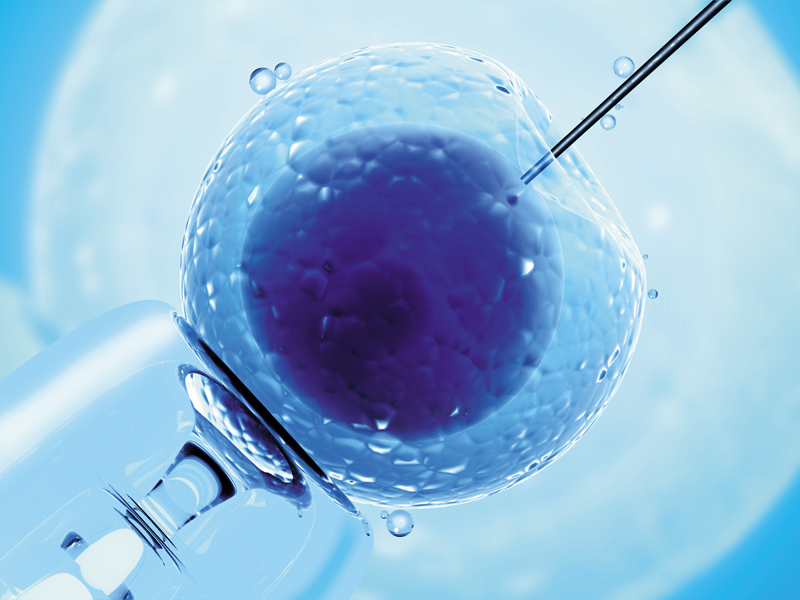
GP: Can you get pregnant at any age with IVF?
ANNA: It would seem that with the help of modern technologies, it is possible to become parents even in the most hopeless situations.
Programs with donor gametes and surrogate motherhood come to the rescue. However, there are certain limitations.
In particular, it is extremely difficult to obtain eggs suitable for fertilization in women of older reproductive age. This is due to the fact that over the years the quality and quantity of oocytes decreases, which is due to the physiological shutdown of ovarian function and the impact of negative factors. This becomes especially noticeable after 35 years, when the ovarian reserve begins to decline sharply. But the likelihood of having a child with chromosomal abnormalities increases significantly. So, according to statistics, the risk of having a baby with Down syndrome in women over 45 is 1:19. The general health of each patient should also be taken into account.
It is important to find out if there are concomitant diseases that can interfere with the normal course of pregnancy and childbirth. In reproduction, as in all medicine, the main principle is “do no harm”!
GP: Which countries are currently leading in terms of dissemination and accessibility of reproductive technologies?
ANNA: Currently, European countries are in the leading positions, while the Russian Federation took second place in the ranking, behind Spain and ahead of France in terms of the number of cycles of assisted reproductive technologies in 2017.
An important role is played by the active introduction of innovative technologies that significantly increase the efficiency of IVF.
For example, Nova Clinic uses a method of personalized ovarian stimulation based on the latest advances in genetics. What is its advantage? It is usually quite difficult to predict the response of the ovaries to stimulation, which is due to the individual response of a woman to drugs. In order to objectively assess the situation, the doctor prescribes a blood test, the results of which determine the state of hormone receptor genes. This approach allows you to select the optimal drug and its dosage, develop preventive measures to prevent ovarian hyperstimulation syndrome, and even assess the risk of obtaining immature oocytes and poor quality embryos.
GP: What is the maximum number of IVF attempts that can be made?
ANNA: To date, regulatory documents do not regulate the number of protocols, and this issue is resolved on an individual basis based on an assessment of the risks and the woman's health status.
It is very important to carefully analyze an unsuccessful IVF attempt in order to understand at what stage problems arose and to develop optimal further tactics.
Often, this requires close interaction between different specialists: reproductologist, hemostasiologist, geneticist, andrologist, embryologist, endocrinologist. As I said, after IVF, a woman's body recovers within 1-3 menstrual cycles.
However, it must be borne in mind that correction of all identified violations may be required, which can increase the chances of success of the next IVF program.
GP: What are the most important factors - an individual approach to patients, the qualifications of doctors?
ANNA: In my opinion, in the work of a doctor of any specialty, the leading factors are always the continuous improvement of knowledge and skills, an individual approach to patients and the use of safe methods of treatment in accordance with their proven effectiveness.
GP: Is there a higher chance of having twins with IVF than with natural insemination?
ANNA: The probability of a multiple pregnancy and the birth of twins increases only if two embryos are transferred into the uterine cavity at once, but today doctors are trying to transfer only one embryo in order to avoid additional burden on the woman's body.
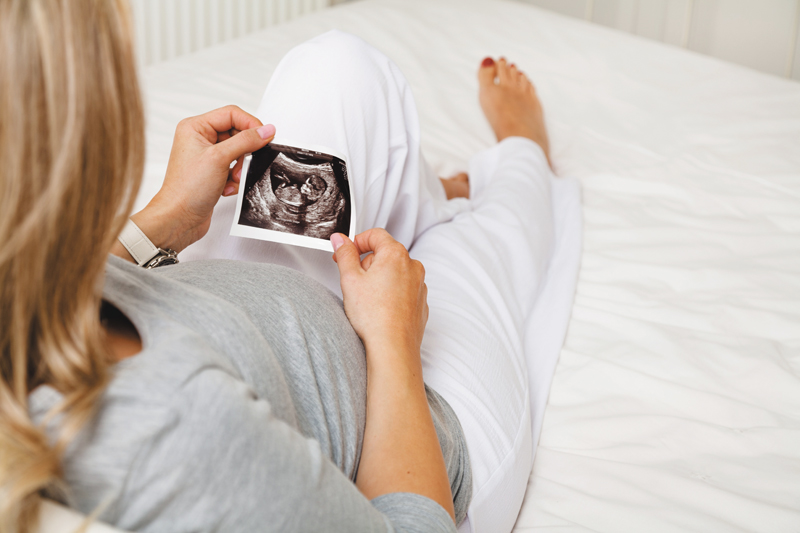
GP: What are your recommendations for women suffering from infertility or those considering IVF?
ANNA: Don't waste precious time.
Patients often come to the consultation who did not know that it is necessary to consult a reproductive specialist not only in case of problems with conception, but also at the stage of pregnancy planning. Couples who have not become pregnant with regular intercourse for 12 months under the age of 35 or within 6 months over the age of 35 should definitely make an appointment.
In addition, women will need counseling before undergoing pelvic surgery and young girls who have a family history of early menopause before the age of 45.
Consult a reproductive specialist if you are planning a pregnancy at a later age.
In this case, the most relevant program is delayed motherhood, which allows you to get a sufficient number of eggs of good quality, which in the future will be used in the IVF program. The doctor gets acquainted in detail with the history of each patient, carefully examines the available medical documents and develops an individual treatment plan.


 DOWNLOAD
DOWNLOAD LOOK
LOOK
 Top Content of the Month
Top Content of the Month
